Sign Up for The Bluntness Weekly Newsletter
Once again the FDA is trying to put a stop to cannabis use.
And while the increase in vape-related illnesses is a legitimate health concern that warrants action, one has to wonder why this particular action -- discouraging use of “all THC vaping products” -- is what they’re advocating.
Let’s look at the facts.
Tests have only recently been able to confirm that the primary culprit in many of these cases is a fungicide, which, when burned, can turn into hydrogen cyanide. Tests have also only found this ingredient in the black market vape cartridges.
In addition to the potentially deadly fungicide, 13 out of the 15 (illegal) carts tested positive for Vitamin E, a solvent used to cut cannabis extracts that, when it reaches the lungs, could trigger an immune response that causes pneumonia.
What’s clear is that the problem lies NOT with cannabis itself -- particularly licensed and tested legal cannabis -- but overwhelmingly with the illicit and counterfeit products flooding the market. Yet mainstream media outlets and the FDA would like you to think the culprit is cannabis or THC. Which may beg the question: Why?
It should come as no surprise that the FDA is far more closely aligned with Big Pharma than with the cannabis industry. It's no secret, as Big Pharma has spent billions of dollars trying to keep cannabis illegal.
The funny thing about this is that according to the CDC, from 1999 to 2017, over 700,000 people have died from opioid overdoses. Meanwhile, people have had the ability to vape tobacco (and cannabis) for well over a decade, and the authorities are struggling to directly connect the act of vaping to even 20 deaths.
While we should do our best to prevent any deaths from vaping, those stats show that FDA-approved prescription drugs are at least 35,000x the problem vaping is, and yet the backlash and reaction are incongruous. The opioid industry was in a boatload of trouble just as this “vaping crisis” got blown out of proportion, and it’s not a coincidence.
This is how the FDA stems the growing tide of acceptance for cannabis, with a classic strategic communications move designed to miseducate the masses. But here’s the big difference between cannabis and opioids or tobacco: CANNABIS DOESN’T KILL PEOPLE.



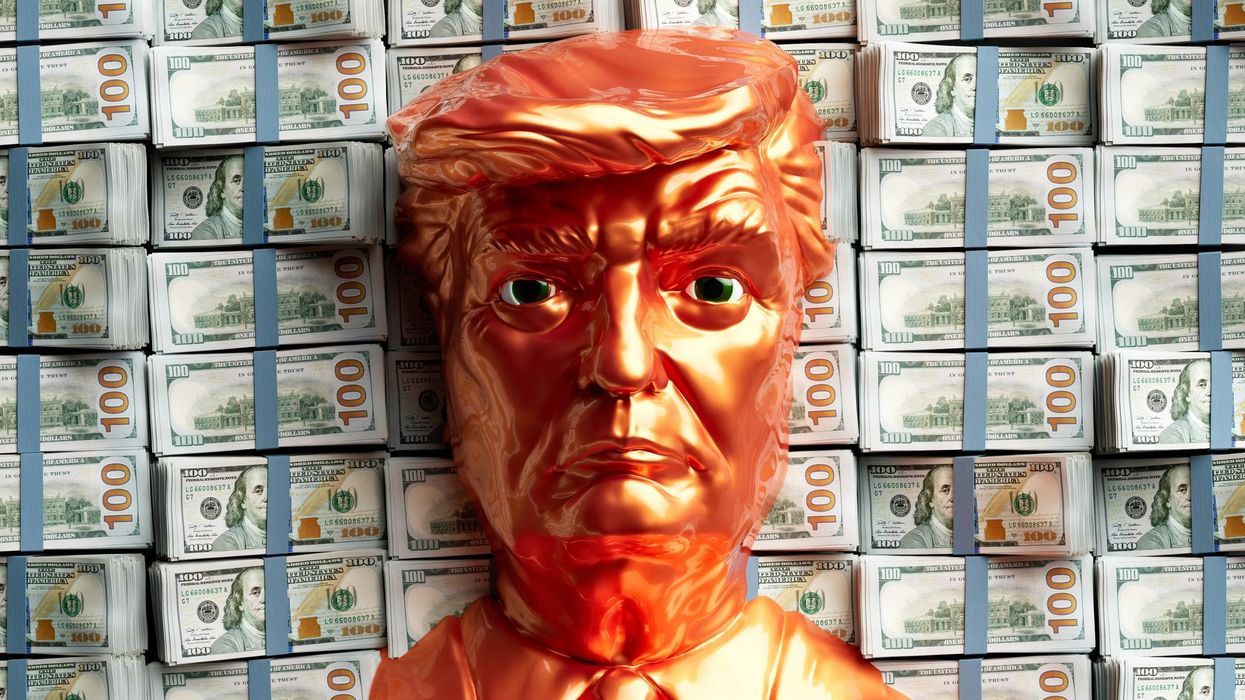







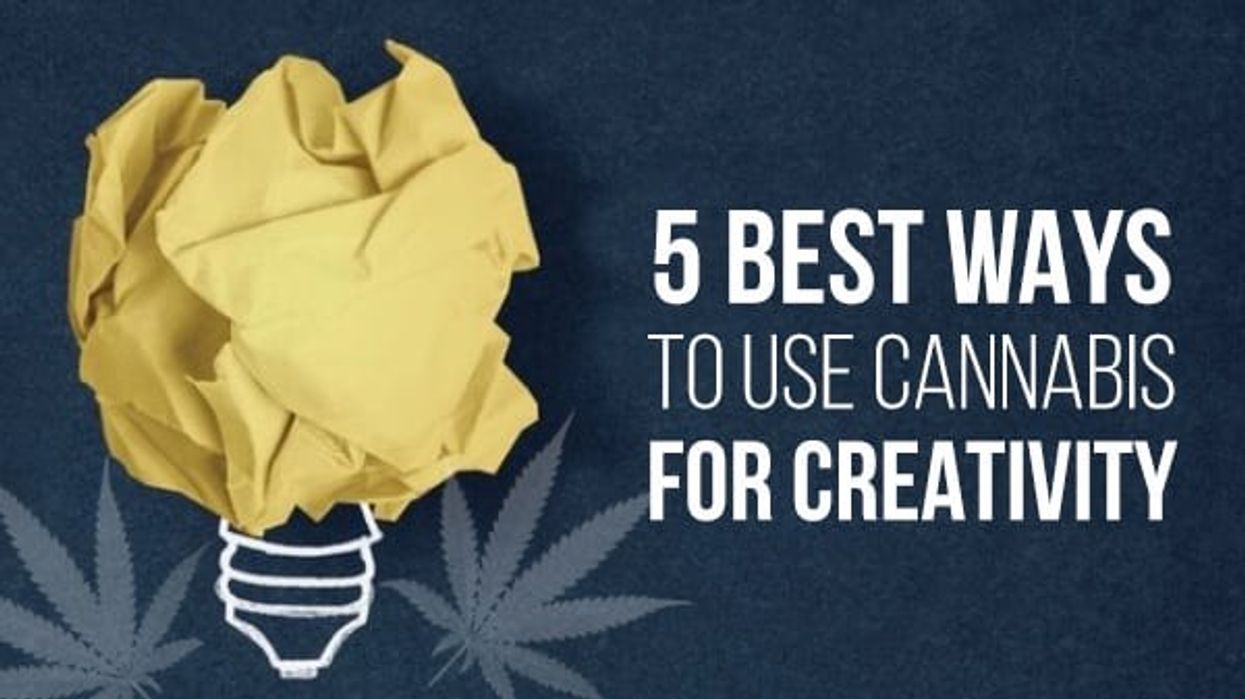

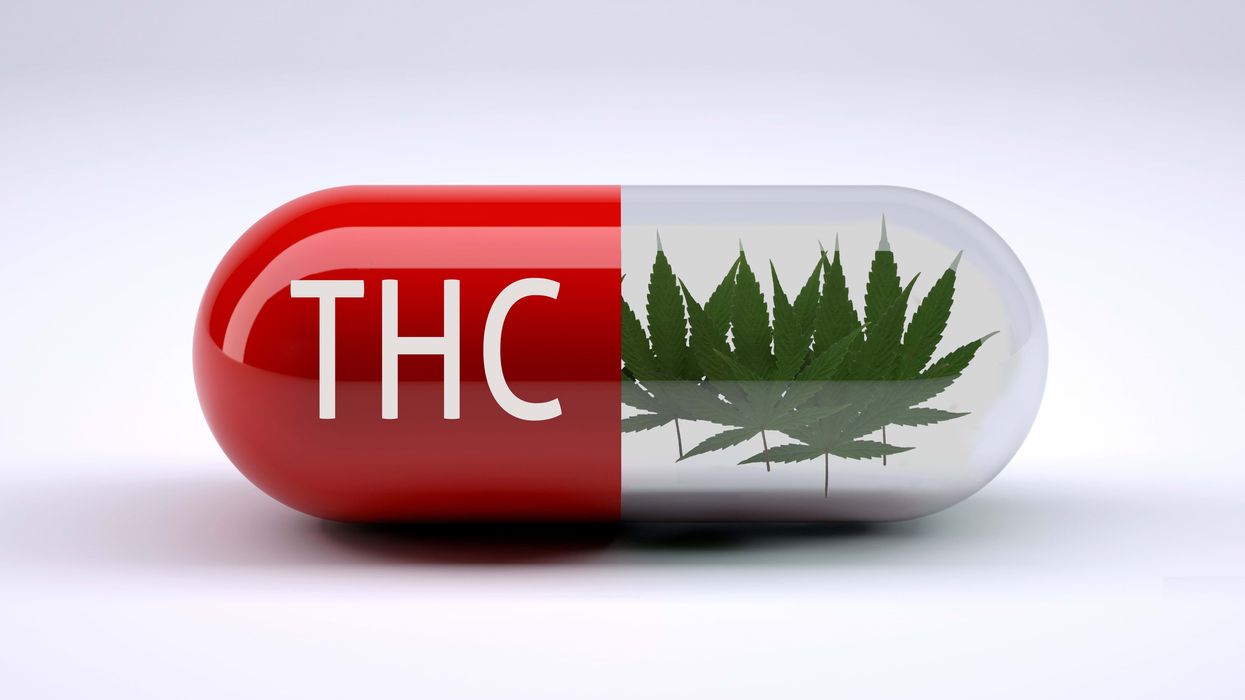
 Humankind has been using THC for millennia.
Humankind has been using THC for millennia.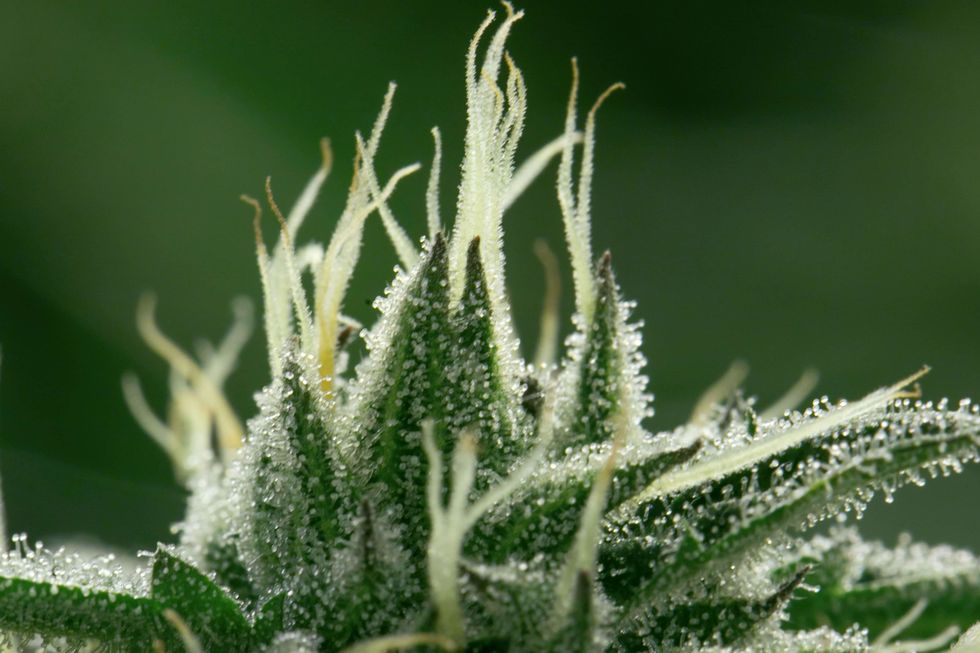 Those little, sugar-like crystals are the sticky trichomes that house special chemicals including cannabinoids and terpenes.
Those little, sugar-like crystals are the sticky trichomes that house special chemicals including cannabinoids and terpenes. Raw cannabis typically contains very little THC. Instead you get non-psychoactive THCA, which is converted into THC.
Raw cannabis typically contains very little THC. Instead you get non-psychoactive THCA, which is converted into THC.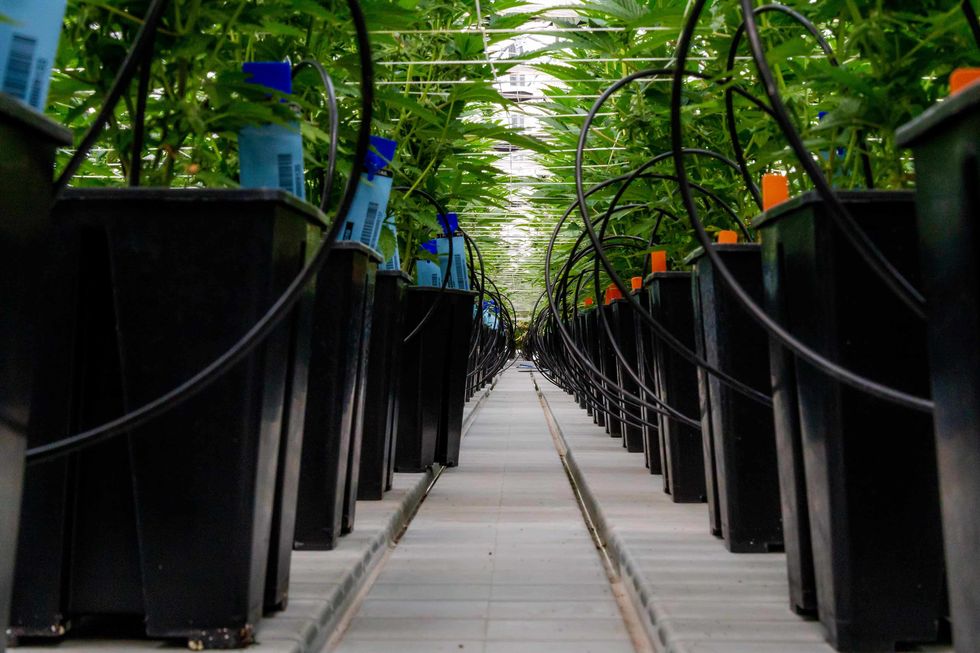 Cultivators are now breeding cannabis not just for THC, but other cannabinoids such as CBD, THCV, and more.
Cultivators are now breeding cannabis not just for THC, but other cannabinoids such as CBD, THCV, and more. Getting the most out of cannabis usually requires a bit of guidance and patience.
Getting the most out of cannabis usually requires a bit of guidance and patience.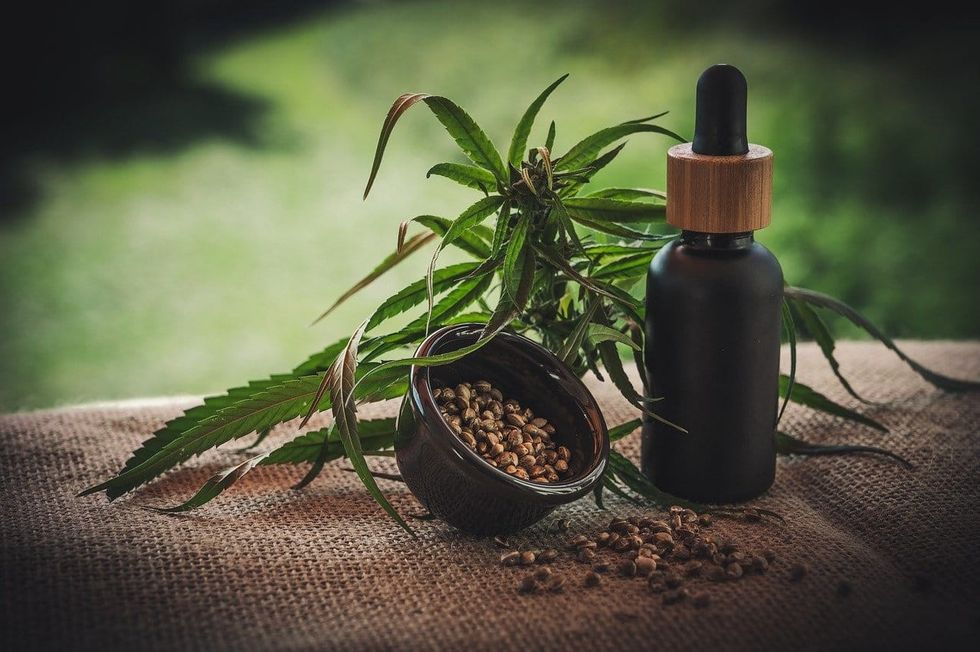 A lot of people think CBD is medical, and THC is for fun. This is an unfortunate misconception.
A lot of people think CBD is medical, and THC is for fun. This is an unfortunate misconception.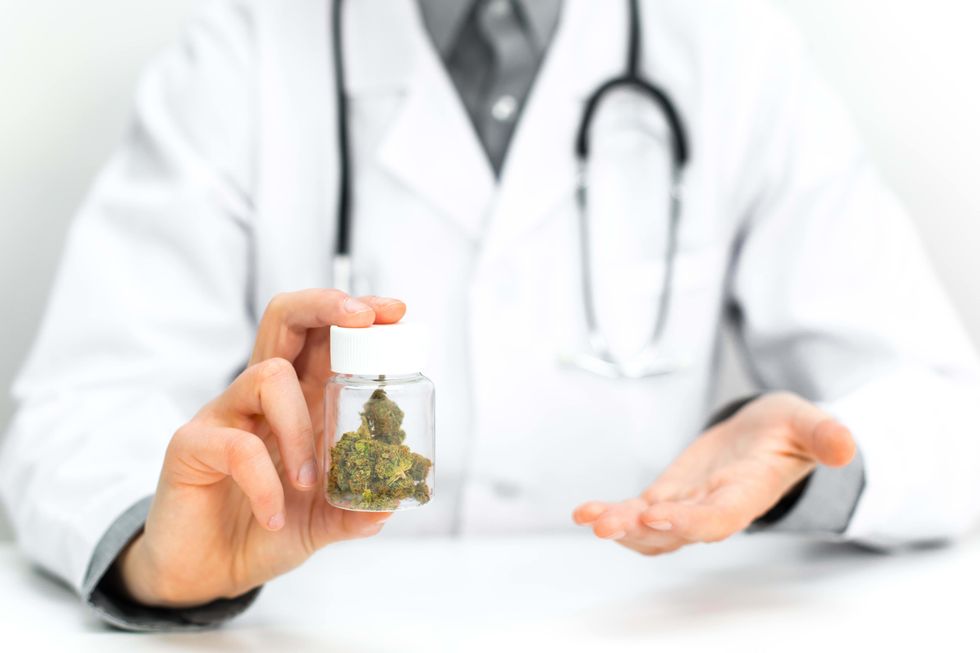 THC has a surprising amount of medical benefits.
THC has a surprising amount of medical benefits.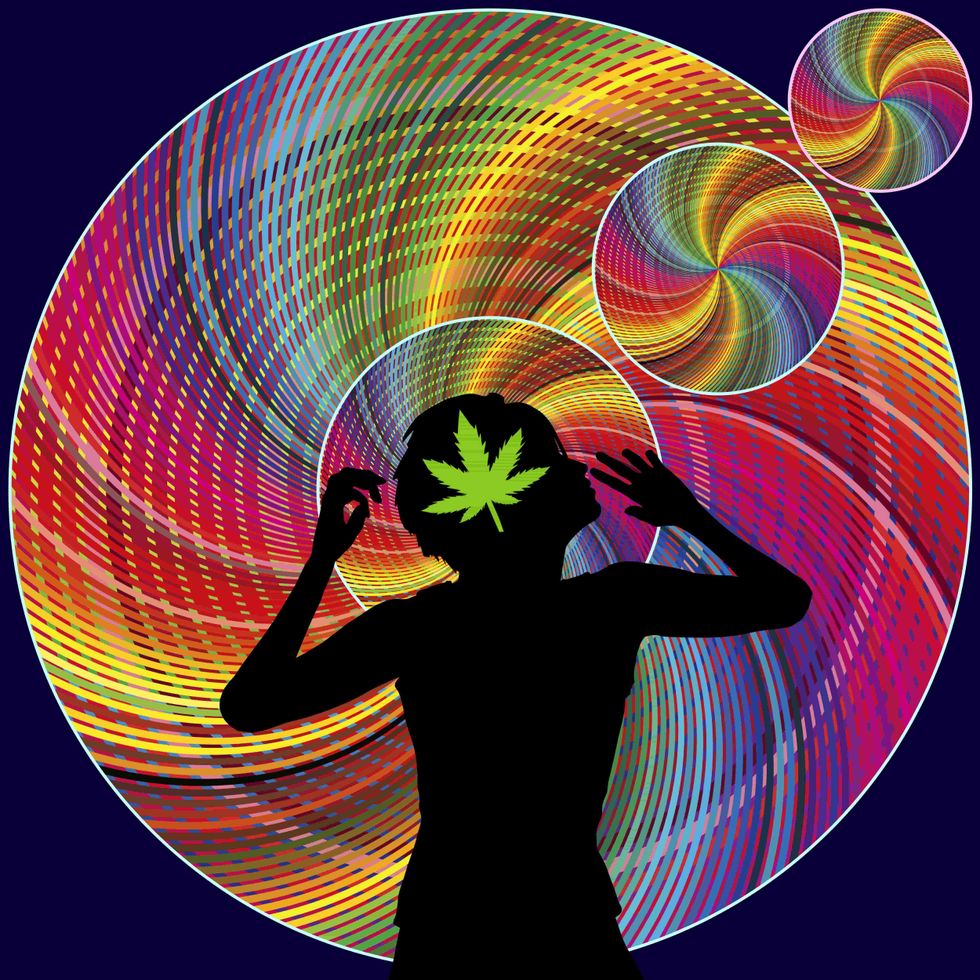 For some the cannabis high is an unwanted side effect, for others it's the main show.
For some the cannabis high is an unwanted side effect, for others it's the main show.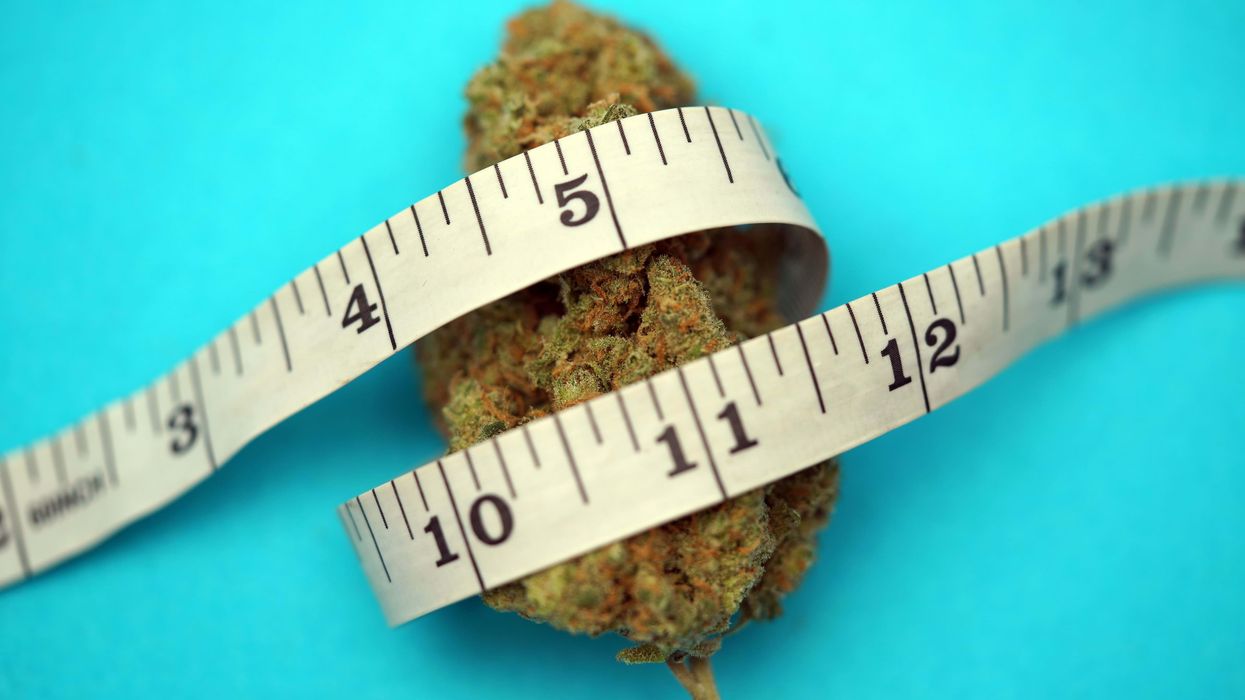
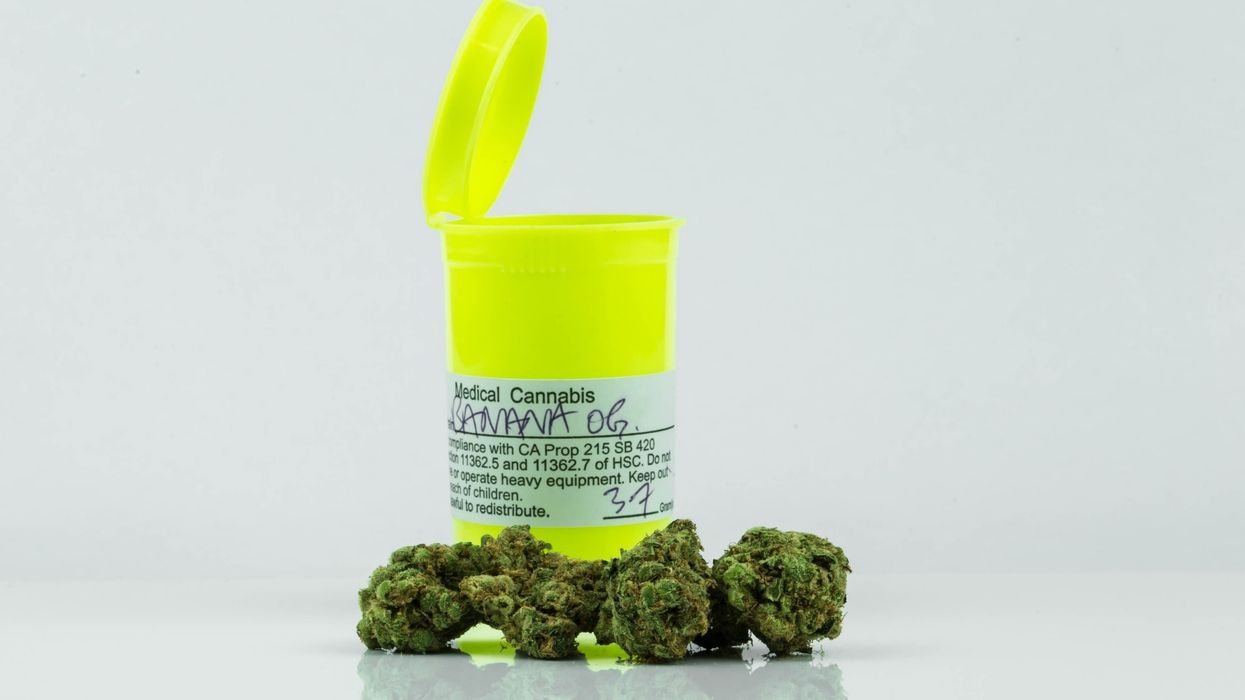
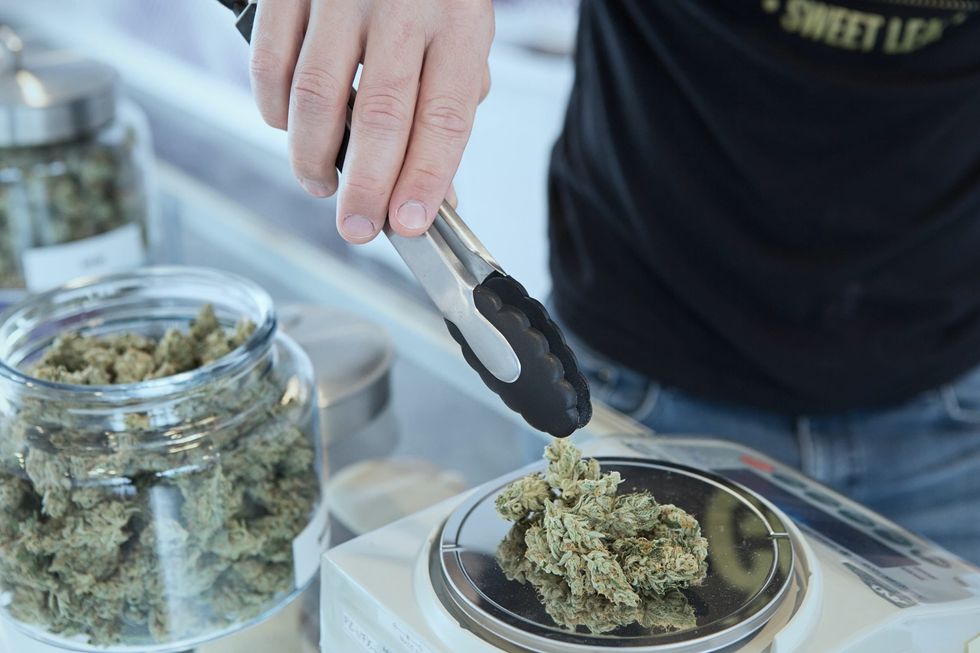 Finding the right cannabis cultivars for you is an important part of the process.Photo by Add Weed on Unsplash
Finding the right cannabis cultivars for you is an important part of the process.Photo by Add Weed on Unsplash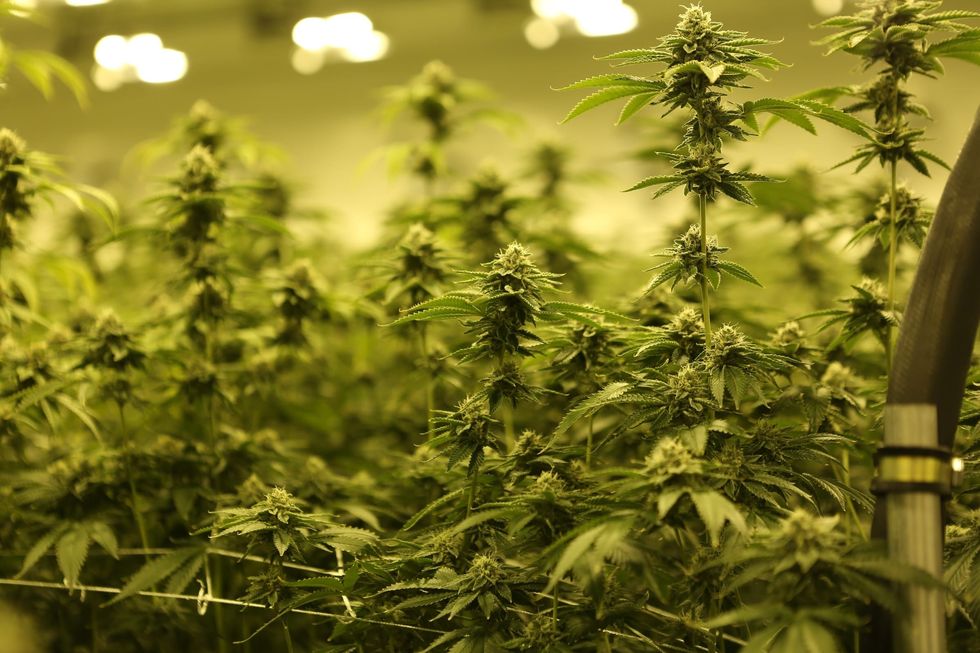 Some people prefer cannabis cultivated indoors. Others prefer sun-grown cannabis. And plenty of folks enjoy both.Photo by Next Green Wave on Unsplash
Some people prefer cannabis cultivated indoors. Others prefer sun-grown cannabis. And plenty of folks enjoy both.Photo by Next Green Wave on Unsplash
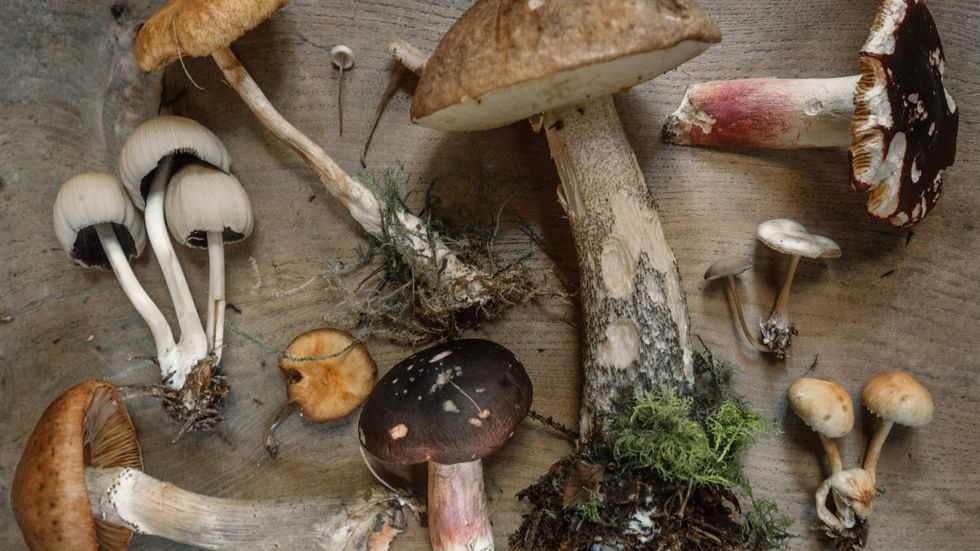 How Long Do Shrooms Last? Magic Mushroom Guide for Beginners - The Bluntness
How Long Do Shrooms Last? Magic Mushroom Guide for Beginners - The Bluntness Psilocybin can provide a life-altering experience. -The Bluntness
null
Psilocybin can provide a life-altering experience. -The Bluntness
null
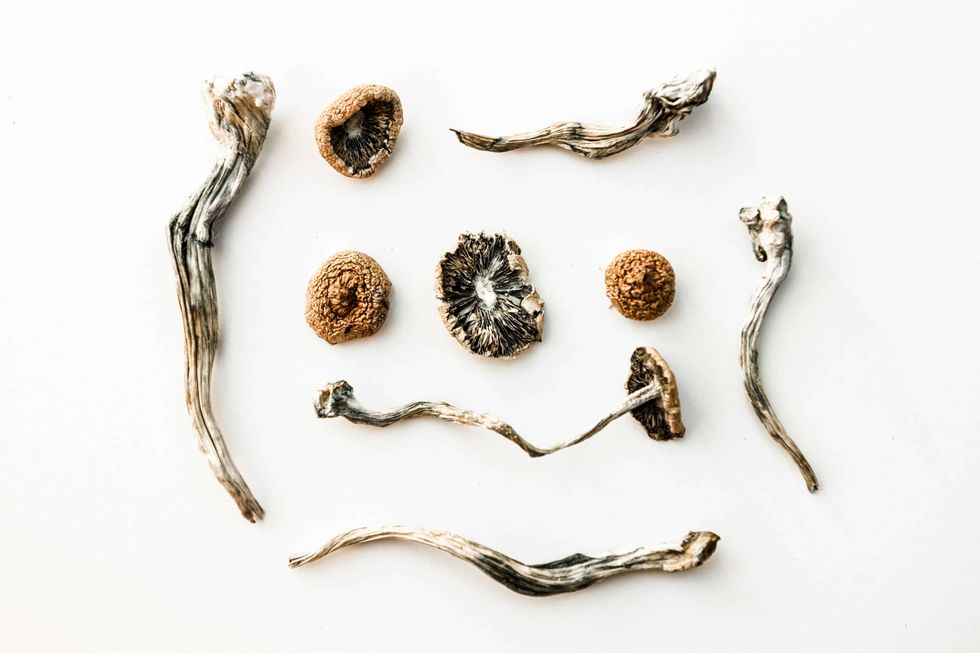 “Don’t diddle the dose. Once you have done your homework, go for it.” -- Terence McKenna
The Bluntness
“Don’t diddle the dose. Once you have done your homework, go for it.” -- Terence McKenna
The Bluntness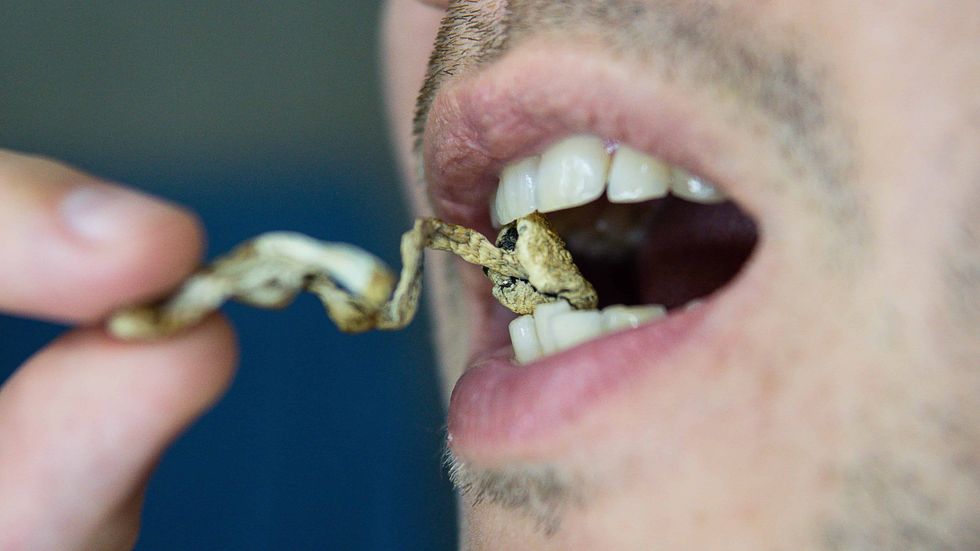 These mushrooms taste gross, but there are ways around that.The Bluntness
These mushrooms taste gross, but there are ways around that.The Bluntness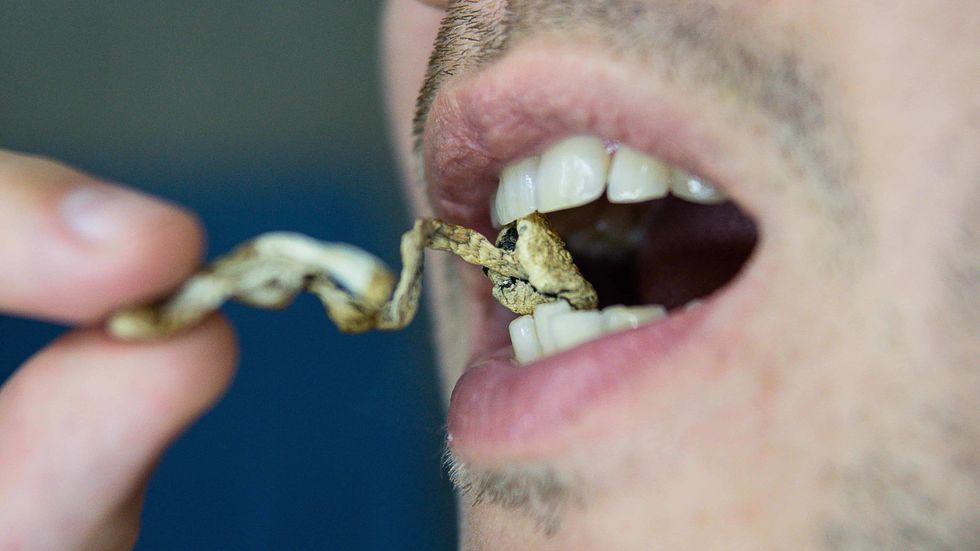 These mushrooms taste gross, but there are ways around that.
These mushrooms taste gross, but there are ways around that.